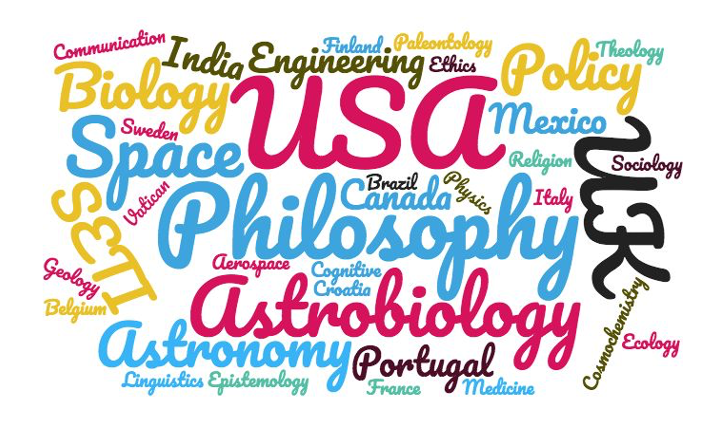
Can Astrobiology Transcend Biology?
Loading...
Start Date
16-12-2020 10:35 AM
End Date
16-12-2020 10:55 AM
Description
Astrobiologists seek to understand the future of life in the universe. How does biology inform our predictions about the future of human life? Projections about the trajectory of intelligent civilizations often take for granted a linear progression through radio telescopes, interstellar travel, and colonization to galactic footprint. Discussions of the Fermi Paradox, Drake Equation and Great Filter rarely address the possibility of divergent variation in intelligence or competition between reproductively isolated populations. They extrapolate from 150 years of exponential expansion (in human population and technology) and a single population to thousands of years on multiple planets. Future discussions can benefit from a clearer articulation of anthropic (conditioned by the human viewpoint) and anthropocentric (improperly focused on humans) biases. In particular, it will be necessary to address whether humans have, in some way, escaped from natural selection. In important ways, they have not; therefore, predictions of future evolution should include evolutionary divergence and competition among human populations.
Recommended Citation
Mix, Lucas, "Can Astrobiology Transcend Biology?" (2020). Society for Social and Conceptual Issues in Astrobiology (SSoCIA) Conference. 27.
https://egrove.olemiss.edu/ssocia/2020/schedule/27
Can Astrobiology Transcend Biology?
Astrobiologists seek to understand the future of life in the universe. How does biology inform our predictions about the future of human life? Projections about the trajectory of intelligent civilizations often take for granted a linear progression through radio telescopes, interstellar travel, and colonization to galactic footprint. Discussions of the Fermi Paradox, Drake Equation and Great Filter rarely address the possibility of divergent variation in intelligence or competition between reproductively isolated populations. They extrapolate from 150 years of exponential expansion (in human population and technology) and a single population to thousands of years on multiple planets. Future discussions can benefit from a clearer articulation of anthropic (conditioned by the human viewpoint) and anthropocentric (improperly focused on humans) biases. In particular, it will be necessary to address whether humans have, in some way, escaped from natural selection. In important ways, they have not; therefore, predictions of future evolution should include evolutionary divergence and competition among human populations.

